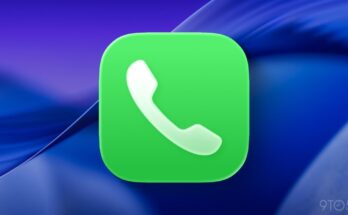Illinoisans paid the highest state and local taxes for wireless cell phone services in the nation in 2024 – $136 per family more than the average. An increase in Illinois’ telecommunication tax July 1 just made them even higher.
Illinois was already home to the highest wireless taxes in the nation with a family paying $136 more than the U.S. average, but they just went up even more.
Residents have been paying 37.7% in taxes on their monthly wireless bill. This includes 24.9% in state and local taxes, fees, and surcharges as well as the 12.8% in federal taxes for the Universal Service Fund.
For a family of four sharing a $100 plan, that adds close to $38 each month. Illinois families pay $456 a year in cell taxes while the U.S. average is $320.
Illinois’ local wireless tax is 8.65% as of July 1. It increased from 7% to support the state’s 9-8-8 Suicide and Crisis Lifeline. Chicagoans will pay even more because Illinois allows local per-line taxes of $5 a line in the city. Per-line taxes burden families and lower-income wireless users more heavily than percentage-based taxes.
Cell phone taxes are regressive, meaning they impact low-income users more because they take a larger share of their incomes. Increasing per-line impositions for 9-1-1 fees, per-line general wireless taxes and 9-8-8 fees worsen this already regressive tax.
Wireless services are becoming the only method of communication for Americans, especially those struggling with poverty. According to the Tax Foundation, 80% of all low-income adults had wireless-only service.
These taxes also slow investment in wireless infrastructure. A report by the International Chamber of Commerce found wireless infrastructure investment supports innovation, helping businesses work better and making life easier for consumers.
State lawmakers and city leaders should reconsider excessive wireless taxes that bring short-term revenue but deter long-term investment and disproportionately burden low-income residents. Illinois leaders work too hard at creative taxation and too little on controlling spending.


